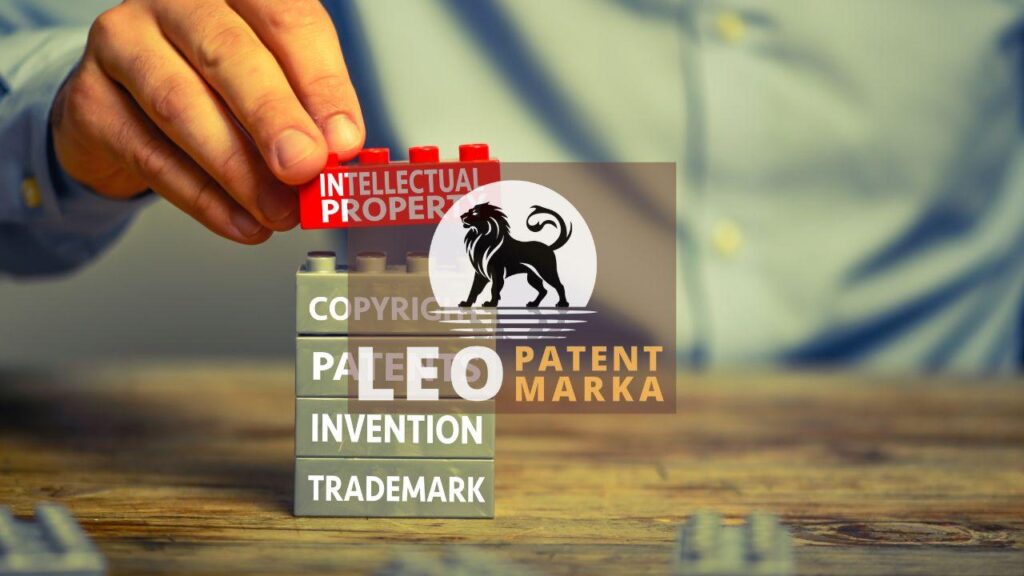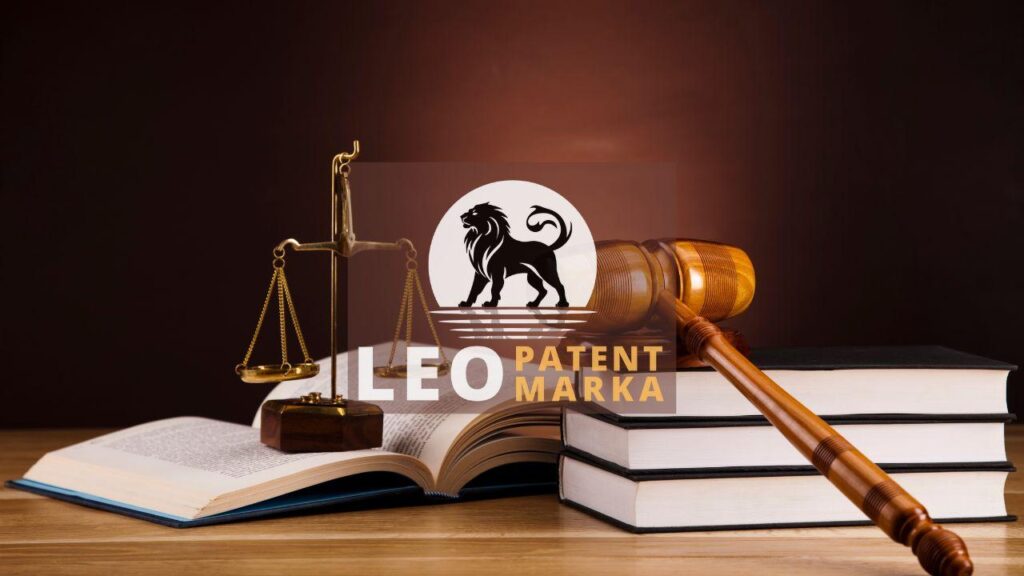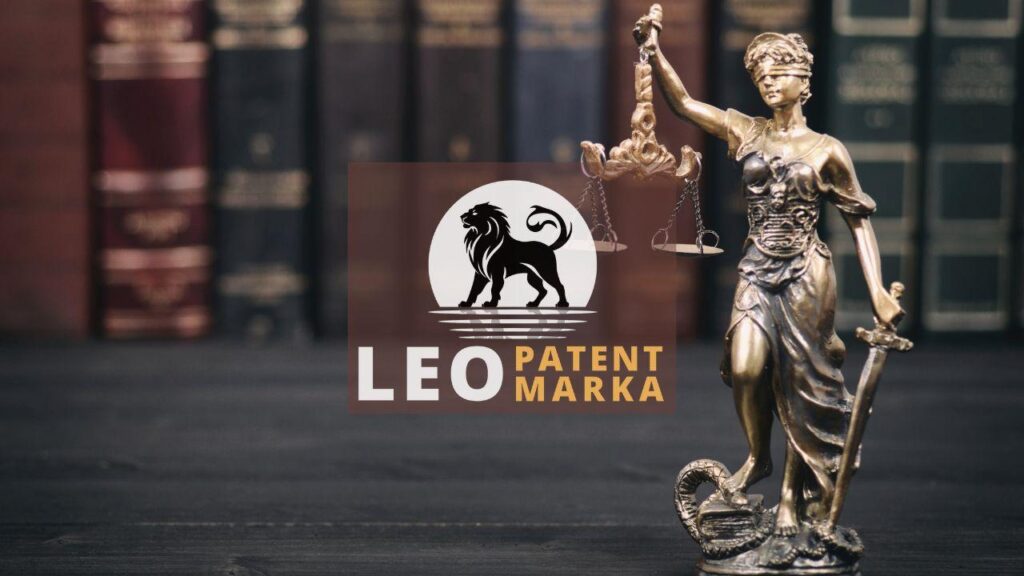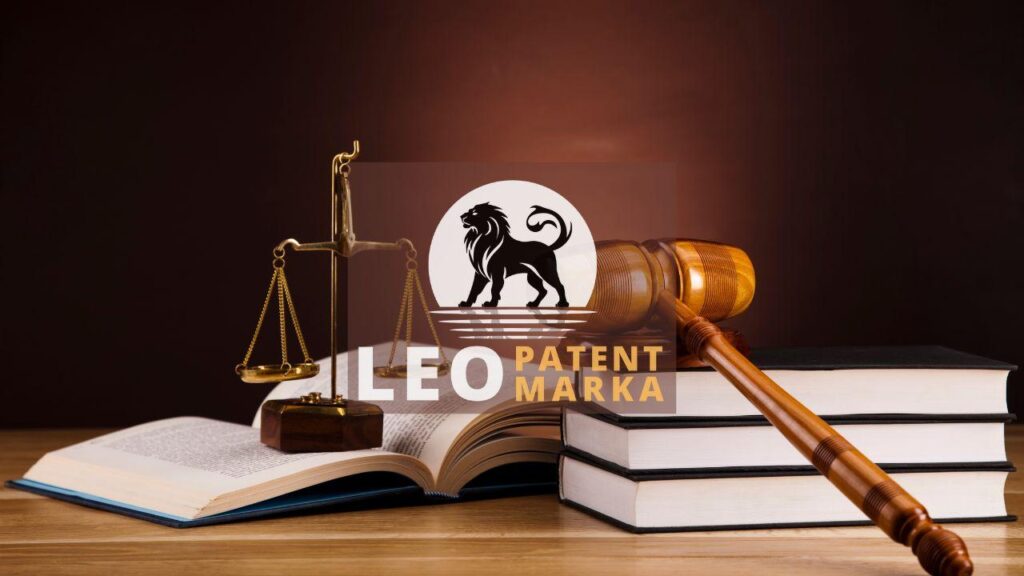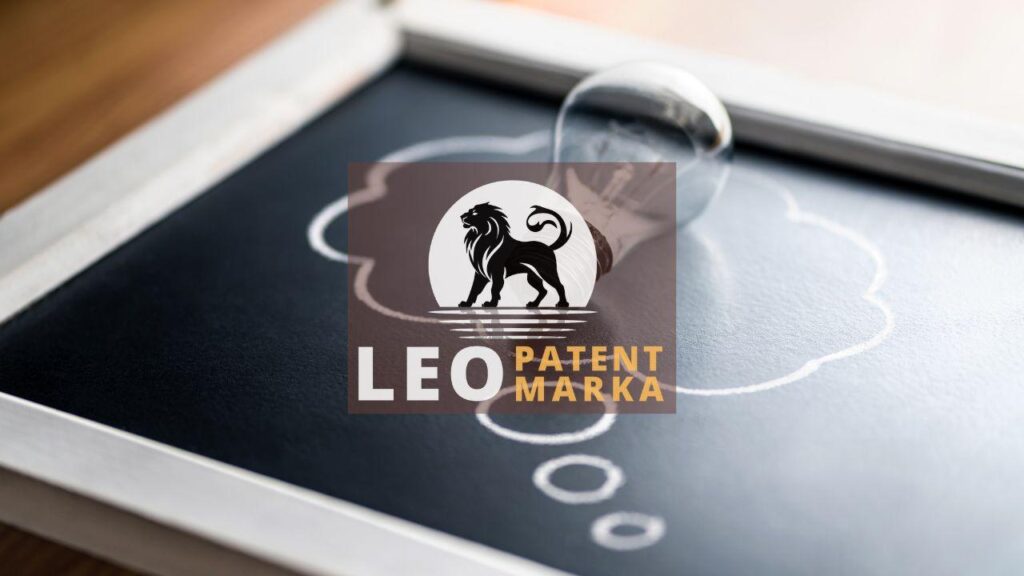Navigating the complexities of a design cancellation lawsuit requires a thorough understanding of intellectual property laws and a strategic defense approach. In Turkey, the importance of safeguarding unique designs is underscored by a robust legal framework that supports designers and innovators. At Leo Patent, we recognize the critical nature of such legal battles and strive to provide comprehensive support to our clients. This includes precise preparation and defense strategies tailored to each case’s unique circumstances. Our expertise in intellectual property consulting, along with our experience in design applications, positions us as ideal partners in defending against design cancellation actions. With the stakes often including the loss of exclusive rights and potential financial setbacks, engaging knowledgeable professionals is crucial. In this blog post, we will delve into the key aspects of defending a design cancellation lawsuit in Turkey, providing insights that can help navigate this challenging landscape.
Grounds for Challenging Design Validity
One of the primary grounds for challenging the validity of a registered design in Turkey is the lack of novelty. According to Turkish Industrial Property Law, a design must be new and have individual character to be eligible for registration. If it can be proven that an identical or significantly similar design was made available to the public before the filing or priority date of the contested design, the registration can be invalidated. This entails thorough research and presenting concrete evidence, such as prior publications, public disclosures, or existing products, to demonstrate the lack of novelty. By meticulously compiling and analyzing such data, we at Leo Patent ensure that our clients are robustly defended against claims that question the novelty of their designs.
Another critical argument for challenging design validity is the issue of individual character. Under Turkish law, for a design to possess individual character, the overall impression it produces on the informed user must differ from that of any previous design. This means that the design should not be perceived as too similar to existing ones by someone who is knowledgeable in the related field. To refute claims that a design lacks individual character, we at Leo Patent conduct detailed comparative analyses, scrutinizing the similarities and differences between the contested design and pre-existing ones. By compiling expert opinions and visual comparisons, our team aims to establish that the client’s design maintains its unique overall impression, upholding its validity and protecting their rights.
Functionality is another pivotal criterion in contesting the validity of a design in Turkey. A registered design primarily protects the aesthetic aspects, and therefore, a design that is solely dictated by its technical function may be invalidated. This implies that if the design’s appearance is entirely determined by the product’s technical features, without any decorative or arbitrary elements, it does not qualify for protection under design law. At Leo Patent, we diligently assess the extent to which the functional aspects of a design might undermine its validity. By providing comprehensive technical analyses and collaborating with experts in the relevant field, we compile persuasive arguments to demonstrate that the contested design is not solely functional and retains aesthetic significance, thus fortifying its validity against functionality-based cancellation claims.
Procedural Steps in Defending a Design Cancellation
In defending a design cancellation lawsuit in Turkey, understanding the procedural steps is critical for ensuring a robust defense. The initial phase involves a thorough examination of the complaint to identify the plaintiff’s arguments and the legal grounds for cancellation. This is followed by the collection of evidence to support the originality and validity of the design, which may include design sketches, prototypes, commercial usage records, and expert opinions. Engaging in pre-trial motions to challenge procedural deficiencies can also form an important part of the defense strategy. At Leo Patent, we assist clients in meticulously preparing their defense, ensuring that all procedural requirements are met, and leveraging our extensive expertise to safeguard their design rights effectively.
Once the initial phase is complete, the next crucial step involves the drafting and submission of a formal defense statement. This document comprehensively addresses each point raised by the plaintiff, systematically rebutting the claims with well-substantiated arguments and supporting evidence. The defense statement should articulate the design’s originality and distinctiveness, potentially incorporating third-party affidavits or market analysis to demonstrate its uniqueness and value in the market. Additionally, the timely submission of counter-evidence and responses is vital to maintaining procedural integrity and demonstrating proactive defense efforts. At Leo Patent, we specialize in crafting persuasive defense statements and ensuring all documentation is meticulously prepared and submitted within the required deadlines, reinforcing our clients’ positions in a design cancellation lawsuit.
As the case progresses, the evidentiary phase plays a critical role in influencing the outcome. During this stage, both parties present their evidence and arguments before the court, necessitating a well-organized and strategic approach. Expert witnesses may be called upon to provide testimony regarding the design’s uniqueness and compliance with legal standards. Additionally, cross-examinations can be leveraged to challenge the credibility and relevance of the plaintiff’s evidence. Throughout this period, maintaining meticulous documentation and adhering to procedural deadlines is paramount. At Leo Patent, we guide our clients through each step of the evidentiary phase, offering strategic advice and expert representation to ensure that their design rights are robustly defended. Our deep knowledge of Turkish intellectual property law enables us to anticipate potential challenges and effectively counter them, safeguarding our clients’ interests throughout the litigation process.
Strategies for Proving Originality and Non-Infringement
A vital strategy in defending a design cancellation lawsuit in Turkey is proving the originality of your design. This involves demonstrating that your design possesses individual character, meaning it gives a different overall impression from any existing designs to an informed user. Collecting comprehensive evidence is crucial, including design sketches, development timelines, and documentation of the creative process. Corroborating testimonies from designers or industry experts can further reinforce the uniqueness of your creation. Additionally, meticulous record-keeping of previous designs and an exhaustive search for similar designs in publicly accessible databases can help establish that your design does not infringe on existing rights. At Leo Patent, we specialize in assembling robust evidentiary packages that support the originality and distinctiveness of our clients’ designs, ensuring a well-rounded defense against cancellation claims.
Another crucial defense strategy in a design cancellation lawsuit involves demonstrating non-infringement. This requires evidence that your design does not reproduce, imitate, or create a similar overall impression to any protected designs. Detailed comparative analyses highlighting the differences between your design and the allegedly infringed design are essential. This comparison should focus on key elements such as shape, lines, ornamentation, and color, emphasizing how these aspects contribute to a unique overall impression. Expert opinions from professionals skilled in design assessment can also be instrumental in validating your position. At Leo Patent, we meticulously analyze all potentially conflicting designs and compile comprehensive comparison reports to substantiate the non-infringing nature of our clients’ designs. These efforts not only bolster the defense but also position our clients favorably in the eyes of adjudicating authorities.
Additionally, leveraging procedural defenses can be an effective strategy in a design cancellation lawsuit. Procedural defenses may include arguing that the plaintiff’s claim is time-barred or that they lack the legal standing to file the cancellation request. It’s crucial to scrutinize any procedural missteps or inconsistencies by the opposing party that could invalidate their claim. At Leo Patent, our deep understanding of Turkey’s intellectual property law enables us to identify and exploit such procedural points, ensuring that every possible angle is covered in our clients’ defense. By focusing on both substantive and procedural aspects, we provide a holistic defense strategy designed to protect our clients’ valuable design rights comprehensively. Engaging experienced legal professionals who can navigate these complexities is essential to successfully safeguarding your design against cancellation.
Disclaimer: This article is for general information purposes only and it is recommended that you consult experts and companies in that field to evaluate your specific situation. We are not responsible for any damage that may arise from the use of the information in this article.

